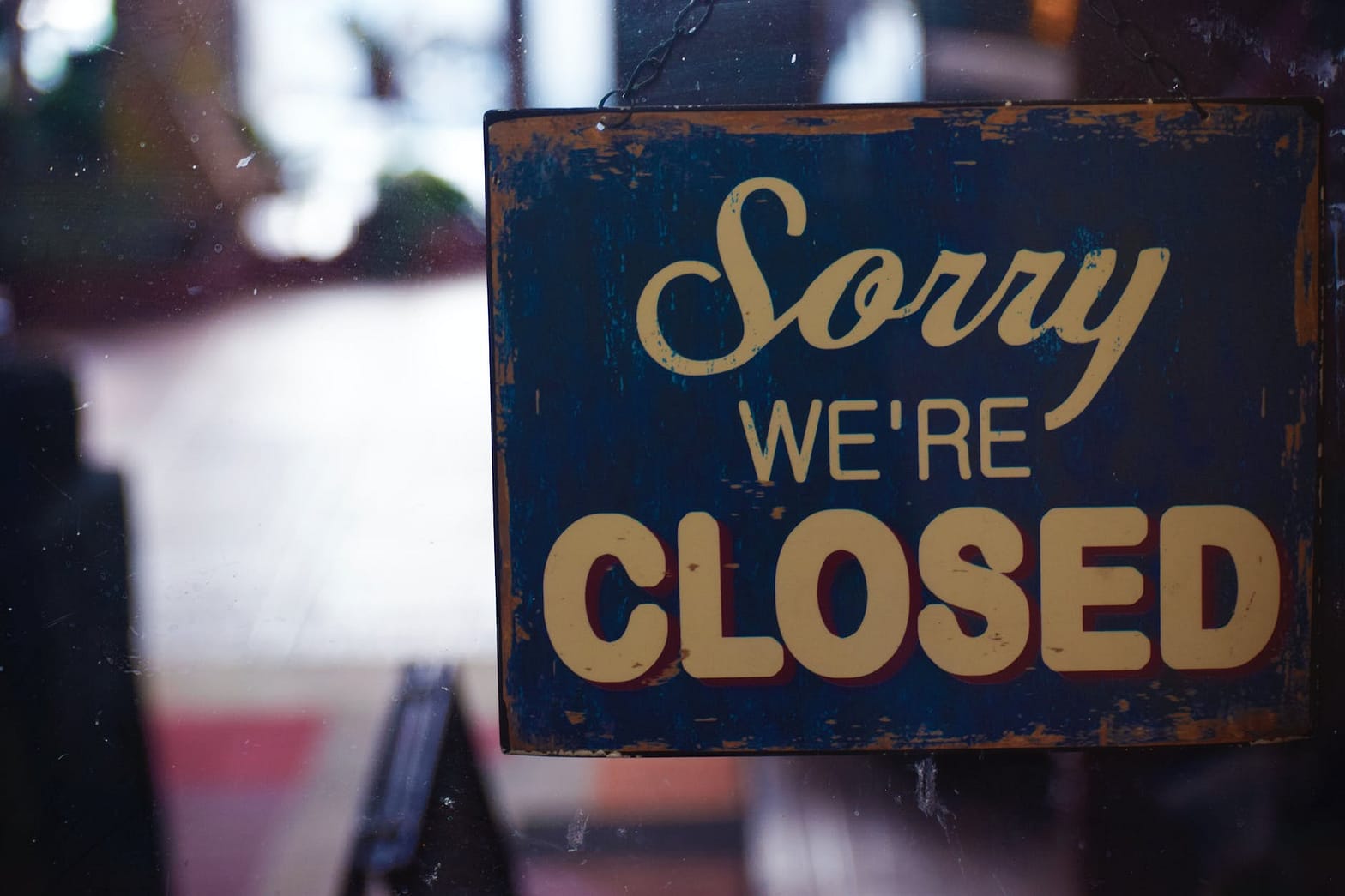In the dynamic world of business, success is often celebrated, but the reality is that not all ventures thrive. Business failure is an unfortunate but common occurrence that entrepreneurs and organizations face.
In the UK, 22,000 businesses went under in 2022 alone. Although in many cases, the factors were economical, some of the causes may have been avoidable.
Understanding the most prevalent causes of business failure can help aspiring entrepreneurs and business owners take proactive measures to mitigate risks and increase their chances of success.
This article delves into the most common causes of business failure and offers insights into how to avoid them.
Table of Contents
Lack of Market Demand and Poor Market Research
One of the primary reasons for business failure is the lack of market demand for a product or service. Entrepreneurs who fail to conduct thorough market research and validate their business idea often find themselves unable to attract customers.
Without a genuine need or desire for their offerings, businesses struggle to generate sales, resulting in financial instability and eventual failure.
Adequate market research, understanding customer needs and preferences, and adapting business strategies accordingly can mitigate this risk.
Ineffective Financial Management
Sound financial management is crucial for the survival and success of any business. Poor financial planning, inadequate cash flow management, and excessive debt can all contribute to business failure. Insufficient working capital, inability to cover operational expenses, or failure to adapt to changing financial conditions can lead to bankruptcy.
Business owners must maintain accurate financial records, create realistic budgets, and establish effective cash flow management systems to avoid these pitfalls.
Inadequate Planning and Strategy
Without a clear and well-defined plan, businesses are prone to failure. Inadequate strategic planning and goal setting can lead to a lack of direction, inefficient resource allocation, and missed opportunities. Successful businesses establish long-term goals, develop actionable plans, and continuously assess and adapt their strategies to remain relevant in a competitive market.
Regular monitoring, evaluation, and adjustments are essential to ensure the business stays on track and maintains a competitive edge.
Poor Leadership and Management
Strong leadership and effective management are critical to the success of any business. Incompetent or ineffective leadership can have far-reaching consequences, including low employee morale, poor decision-making, and a lack of innovation. Failure to establish a positive work culture, inadequate communication, and the inability to motivate and inspire employees can all contribute to business failure.
Business owners should invest in their leadership skills, foster a productive work environment, and surround themselves with a capable management team to avoid these pitfalls.
Failure to Adapt to Changing Market Conditions
The business landscape is constantly evolving, and failing to adapt to changing market conditions can quickly lead to failure. Businesses must stay attuned to industry trends, emerging technologies, and shifting consumer preferences. Failure to embrace innovation, ignoring competition, and being resistant to change can render a business obsolete.
To thrive, businesses must remain agile, continuously evolve their products and services, and embrace new opportunities presented by market shifts.
Insufficient Marketing and Customer Acquisition
A lack of effective marketing and customer acquisition strategies can hinder business growth and ultimately lead to failure. Even with a great product or service, if potential customers are not aware of its existence or the value it offers, success will remain elusive.
Businesses need to invest in targeted marketing campaigns, leverage various channels to reach their target audience and build strong customer relationships.
Understanding the customer journey and adopting customer-centric approaches can help drive sales and foster brand loyalty.
Operational Inefficiencies and Poor Execution
Businesses that fail to optimize their operations and deliver products or services efficiently often struggle to survive. Inefficient production processes, poor supply chain management, and inadequate quality control can lead to cost overruns, customer dissatisfaction, and damaged reputation.
Implementing effective operational strategies, embracing technology, and investing in employee training can enhance productivity, reduce costs, and improve customer satisfaction.
Avoid Business Failure
While business failure is undoubtedly challenging, understanding its most common causes can empower entrepreneurs and business owners to make informed decisions and take proactive measures. By addressing the lack of market demand, managing finances effectively, planning strategically, fostering strong leadership, embracing change, investing in marketing efforts, and optimizing operations, businesses can enhance their chances of success.
With careful planning, continuous learning, and the ability to adapt, entrepreneurs can navigate the complexities of the business world and position themselves for long-term growth and prosperity.
Check out the rest of the blog for more business advice.

